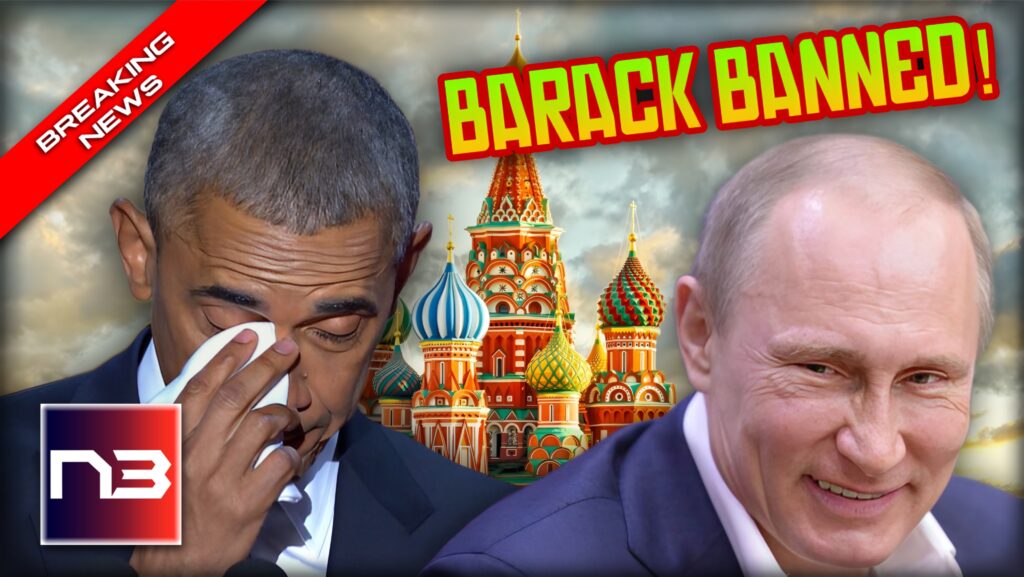In an electrifying turn of events, the first U.S. president in history, Barack Obama, is banned from Russia, signaling an aggressive new approach by Putin. It’s a clear response to what Putin views as the unchecked influence of globalist elites. The move echoes resoundingly, not just through Washington, but around the world.
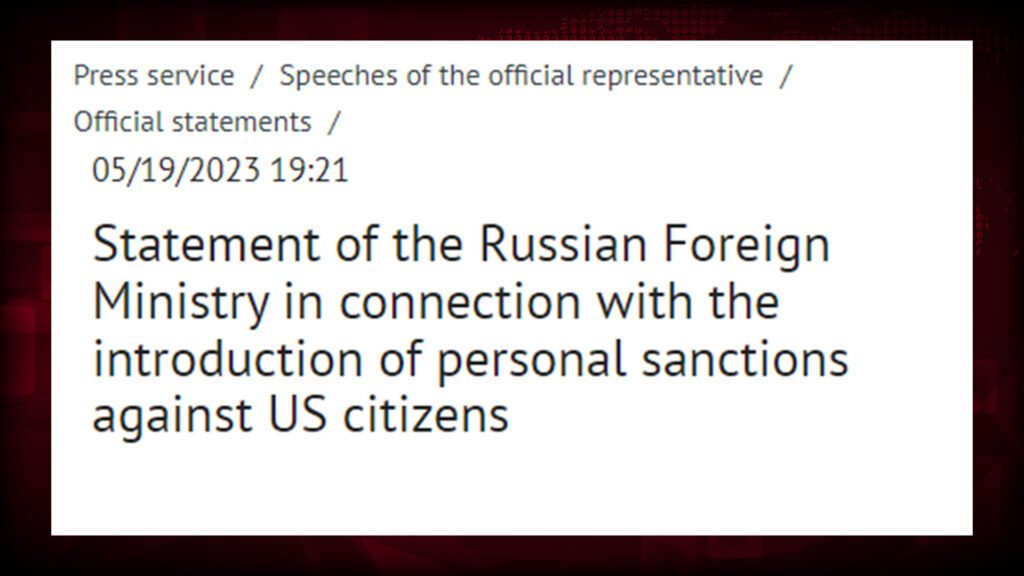

Friday’s shocking announcement has left the world wondering: Why now? What does Putin’s ban on Obama signify in the broader geopolitical landscape? What repercussions will this action have on already strained U.S.-Russia relations? And, crucially, how does this relate to the ideological battle between traditionalist nationalism and progressive globalism?
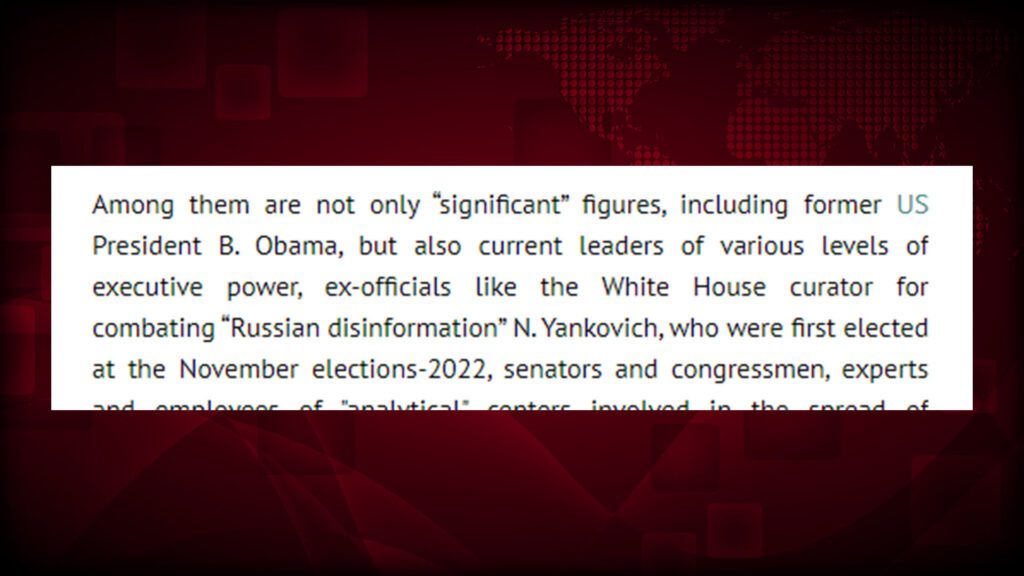

Putin’s ban is a clear response to Obama’s perceived globalist influence, with the former U.S. President often cited as a key figure in the proliferation of internationalist ideologies. Obama’s policies and actions, especially during his presidential terms, were seen by Putin and others as destabilizing factors in world politics. The Syrian conflict and the alleged interference in the 2016 U.S. election are prime examples.
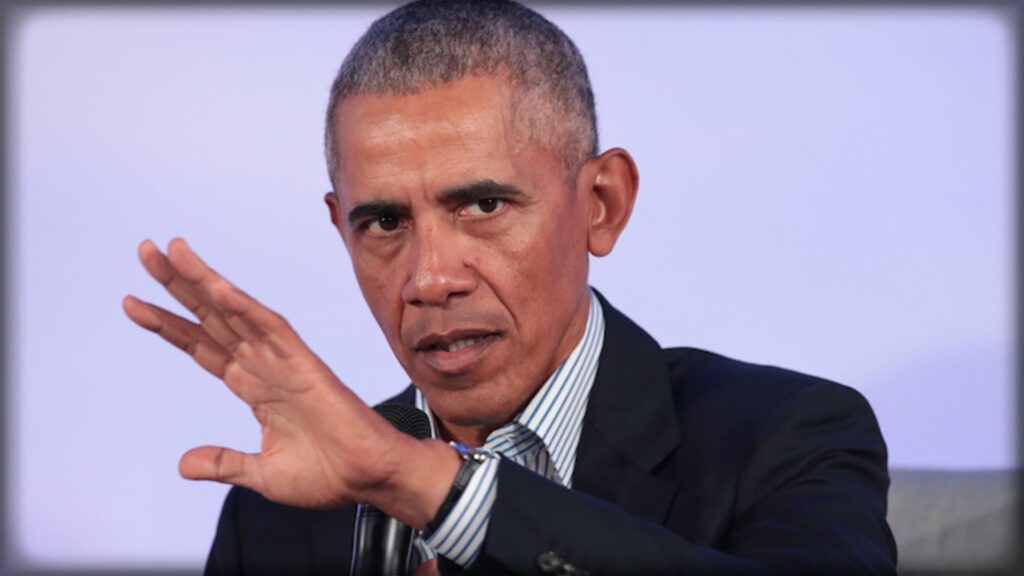

Moreover, this unprecedented action of blacklisting Obama seems to be more than just personal. It’s a broader condemnation of those aligned with his worldview. Notable figures in politics, media, and think tanks also find their names on the Russian blacklist, further emphasizing the magnitude of Putin’s statement, including, Late Night hosts Stephen Colbert, Jimmy Kimmel, and Seth Meyers.
This move signals a shift in Russia’s foreign policy, one that is less about maintaining cordial relations and more about asserting dominance and demanding respect. It’s a move designed to make the U.S. and other nations reconsider their stance towards Russia and rethink their own actions.
Consequences for this could be far-reaching. First, this action will undoubtedly ramp up the tension between U.S. and Russia, already strained due to disagreements over a number of issues. Second, other nations will be forced to react, and it’s unclear whether they will support Russia’s decision or denounce it.


It’s also important to note the Russian Foreign Ministry’s assertive statement in response to the announcement, asserting that “not a single attack against Russia will go without a strong reaction.” The principle of inevitable punishment will be consistently applied, whether it involves tougher sanctions or discriminatory steps to hinder the activities of Russian citizens.
Moreover, in retaliation for the U.S. embassy in Moscow withholding visas for Russian journalists, the Russian government has refused the embassy’s request for a consular visit to a Wall Street Journal correspondent accused of espionage.
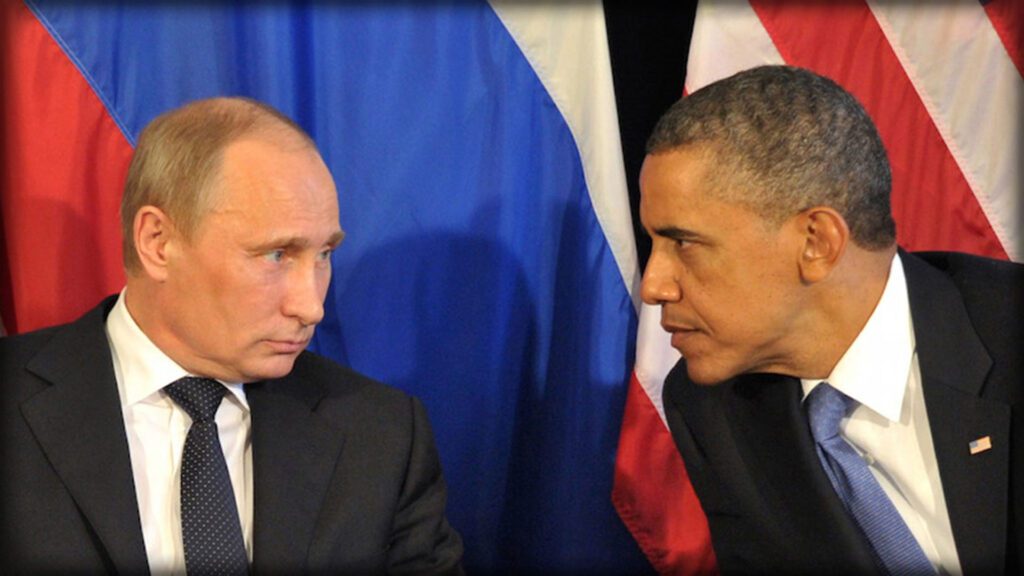

In essence, Putin’s ban on Obama is more than just a statement – it’s a warning. It’s a clear sign that Russia won’t be trifled with, that it won’t sit back and let perceived injustices go unanswered.
In conclusion, Putin’s bold move to ban Obama from Russia sends a strong message to globalist elites worldwide. As the reverberations of this dramatic action continue to ripple through global politics, one thing is clear: Russia is playing for keeps. As we watch this new era of geopolitics unfold, it’s vital that we stay informed and understand the significance of these actions. The chessboard is set, the pieces are moving, and the world waits with bated breath to see the next move in this high-stakes game.
Let’s continue this conversation, in the comments below.
